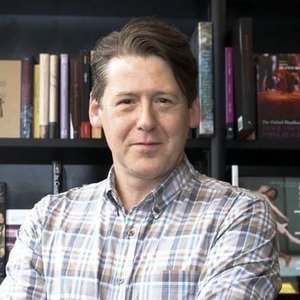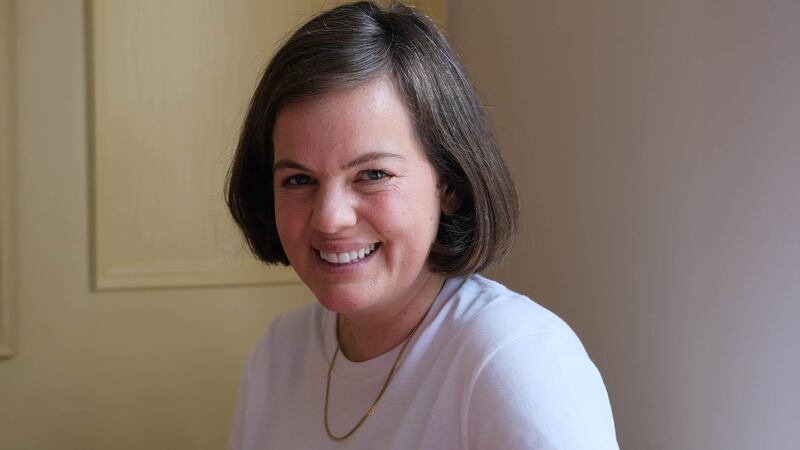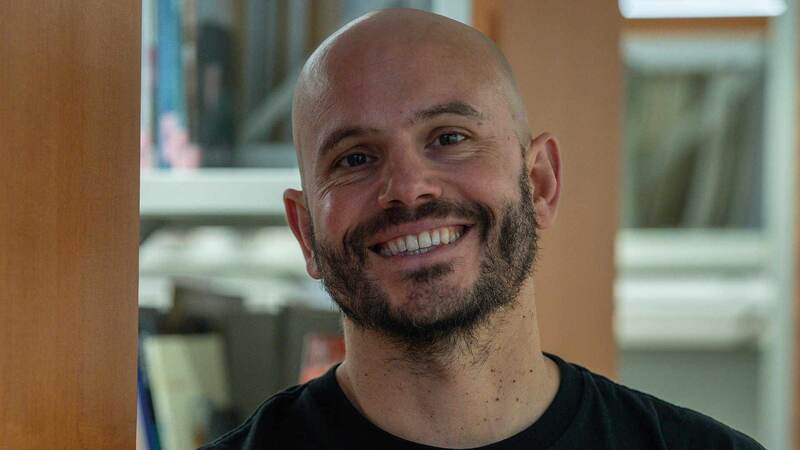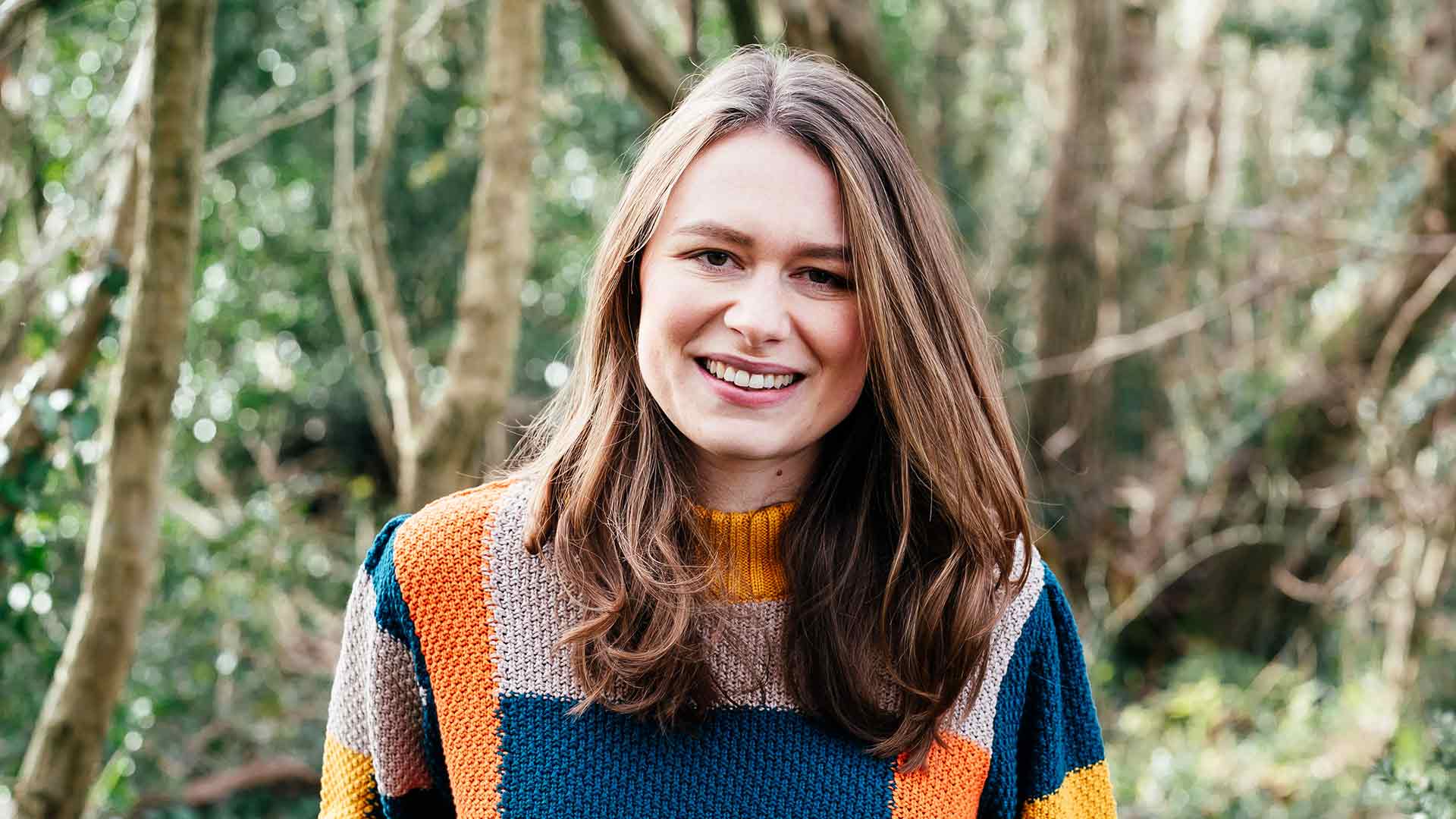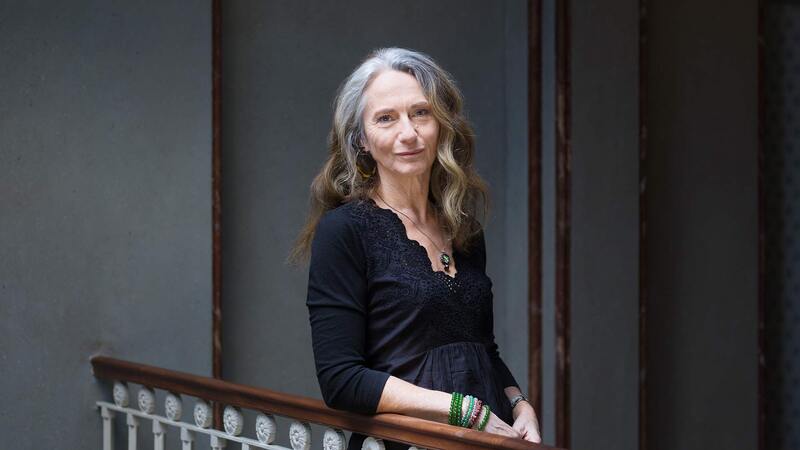You are viewing your 1 free article this month. Login to read more articles.
Ivan Coyote | 'I found the pandemic to be a fountain of creativity for me'
Ivan Coyote, a multi-hyphenate creative talent from Yukon, reveals how lockdown fuelled their creative output, and why they will never again return to a gruelling schedule of touring.
Ivan Coyote, a multi-hyphenate creative talent from Yukon, reveals how lockdown fuelled their creative output, and why they will never again return to a gruelling schedule of touring.
Can you tell us about your new book, Care Of, and how it came about? Obviously, it is a bit of a pandemic book but I thought it was really interesting to frame it as a sort of dialogue with fans.
I was on the road in those weird days in the week of 9th–13th March 2020, having just come to Ontario for a couple of university gigs after filming a documentary up north at home in Whitehorse, Yukon Territory, coming off of a strip of school shows in Vancouver. I got word at 9.45 p.m. on the night of 12th March, that both of my gigs the next day were cancelled and the school was going into lockdown. Lockdown? What the hell? Maybe the virus we had been hearing about in the news was hitting closer to home.
I ended up staying in London, Ontario, at my then-girlfriend’s place. We were both artists with collapsing tour schedules and we decided to weather those few (we thought) weeks of lockdowns and isolation together. I’m a pretty work motivated person, I like to work, I like to get up early and stay busy, and so I thought I would work on the mystery novel I had just the previous week successfully pitched to Jared Bland, editor at McClelland & Stewart.
But I could barely squeeze out a word. The novel begins in the present day, and I could not understand this daily-changing present, nor could I foresee our way through and out of this, and imagine a post-pandemic world. I was writing a mystery novel, a fictional adaptation of a very real disappearance of the boy who lived next door to me growing up. I wasn’t writing dystopian fiction set in the very near future, and I wasn’t writing about a virus, either. I was stymied. So I started answering my mail. I tour a lot, and I’ve been keeping a file of special letters for decades.
I started going through those emails, those Facebook and Instagram and Twitter messages, and on a trip back to Vancouver to close up my abandoned apartment and clean out the fridge, I grabbed the file of hard-copy correspondence I had been squirreling away in my office for years. Care Of literally just started like that. Just me finally answering some special letters with a proper response.
Aside from writing Care Of, how has the pandemic affected your work? As someone who performs regularly, was it difficult to change gears? And was it a challenging time creatively?
I found it to be a fountain of creativity for me. I have spent upwards of 220 days a year on the road touring for most of the past 15–20 years. I never usually spend more than three nights in a row in my own bed for too long. I wrote. I wrote for sometimes 11 hours a day, five or six days a week. I read book after book. Watched old movies I loved for the 30th time. Listened to records and got up early and stayed up late. Let the word and the muse and my body schedule my day instead of an alarm and a plane to catch.
I will never go back to touring that much ever again. It took me a full year to realise just how deeply fundamentally tired and burned-out I was. I’ve learned a lot, and completely sorted out my priorities.
I’m always curious about multi-hyphenate artists and how you decide what to do. Are there stories where you say, ‘This is more for the page than the stage’, or are they all adaptable or interchangeable?
I let the story itself tell me which medium it suits best. Absolutely not everything I put on a page is meant for the stage, and vice versa. The story knows the best way to unravel, and if you sit and listen to it and let it enter you, it will eventually tell you, while you are in the process of creating it.
Has the publishing landscape changed for trans and queer writers over your career?
Absolutely it has. There were—in English, in the predominately North American and European literary and queer and trans arts scenes I travelled in and/or were connected to—maybe fewer than 10 trans artists publishing work when I was first published in 1998. Now there is what I have always dreamed of, which is too many new trans and non-binary writers hitting the scene to even keep up with reading all of it. It’s been a grand and sparkling explosion, and I am here for it.
You do a lot of performances and talks in schools and colleges (well, pre-pandemic) and I was wondering how you think it is for trans and queer kids at the moment? Is it a better climate now?
I have only done online gigs in schools and universities since the pandemic started, and other than question and answer sessions, I am not afforded the opportunity to connect with queer, trans and non-binary youth in the same way as I could when I was doing, say, 10 or 12 back-to-back gigs in a week with up to 900 kids crammed into a gymnasium or theatre, and meeting and talking to at least some of them after each performance. I don’t feel I have learned enough at the moment to comment on how the climate is for those youths at this point in it all.
Can you talk a bit about growing up in the Yukon and how it has fed into your writing?
This place made me. It is my home. It reminds me to slow down and listen, to pay attention, to think ahead about snow tires and road flares and where my good parka is. It keeps me connected to my very large family. I’ve spent a good part of 2021 building a cabin off-grid and out of cellphone range, and that is where I will be living permanently when I finish my current term at the University of Western Ontario as the Alice Munro chair in creativity. I would say there is a little bit of this place in every word I’ve ever managed to put on the page.
What are you working on next?
I’m working on the mystery novel I had to put aside back in March 2020. It’s called Mycelium and right now we are totally in love.
Born in Whitehorse, Yukon, Ivan Coyote is a writer, storyteller, spoken-word performer, filmmaker and LGBTQ+ advocate. They have published 13 books across novels, short stories, memoir and essays, many of which centre around themes of gender and class. Coyote’s latest, Care Of (McClelland & Stewart), is a series of heartfelt responses to fan letters they have received, including a woman who writes of her trans daughter who committed suicide, and a First Nations man on the cultural difficulties of coming out.






